
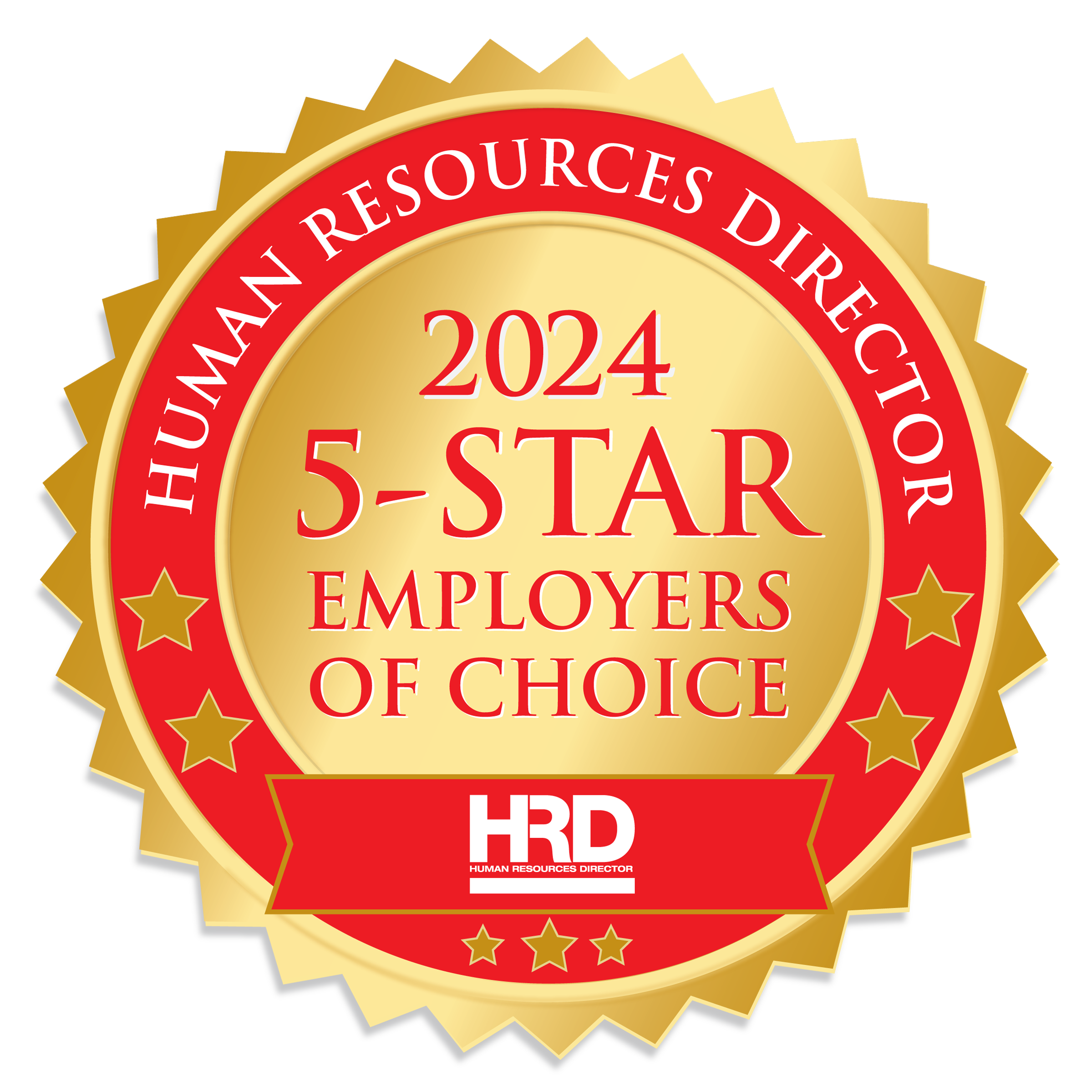
Jump to winners | Jump to methodology
No matter the industry, there’s a uniting factor all employees share.
Gartner’s senior director, people advisory for EMEA and APAC, Saikat Chatterjee, highlights how the 5-Star Employers of Choice understand their teams on a deeper level.
“They start with the idea of how they would like their employees to feel, and then think about what needs to be done in order for their employees to feel that. And in most situations, a policy alone is not going to help do that – it’s much more,” he says.
Chatterjee also underlines how compensation is no longer the major focus for the best companies to work for.
“What employees are now asking is, ‘If I join this company, how are they going to help me and value me both as an employee but also outside of my work life?’”
Another facet of being a 5-Star Employer of Choice is that the bond goes both ways.
“Employees want to feel cared for, they want to feel invested in, and they want to feel autonomous. It’s no longer the employer or the organisation is going to decide and the employees accept,” adds Chatterjee.
The firm’s HR team earned recognition for implementing a series of standardised processes across 25 companies for 2,100 employees operating under a single umbrella.
Malia Group runs key elements of the business such as:
payroll
salary review
bonus distribution
talent acquisition
succession planning function
An added challenge is bridging cultural difference with the group headquartered in Lebanon and its second biggest market, Iraq, along with the UAE. The HR team prioritises diversity, equity and inclusion (DE&I).
“We work with competency-based interviewing and don’t discriminate between genders,” explains Michel Mchantaf, head of human resources. “We also remunerate based on performance and competencies.”
For the operations in Lebanon, there is almost a 50:50 ratio between males and females in most roles.
“We encourage females to apply and we were among the first companies in Lebanon that assigned female employees to warehouse supervisor positions because the stereotype is you will be dealing with a man. All our group communications are gender neutral and also our career pages,” he says.

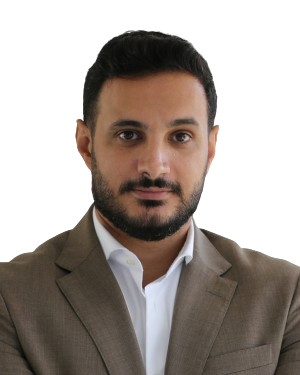
Malia Group’s pioneering approach is even more evident in Iraq.
Mchantaf explains, “In Baghdad, which is very conservative, a woman cannot work as a customer consultant, while for us [in Lebanon] it’s not an issue.”
The company also collaborates with youth organisations to promote diversity, and as a result has offered internships to individuals with autism, Down syndrome, hearing impairments and those who have been orphaned.
“There was positive feedback from their psychiatrist who told us their behaviour changed because of the program and by interacting with a lot of our people,” adds Mchantaf. “We love having the opportunity to teach people and let them be productive.”
Another initiative has been to create a safe environment for employees to give honest feedback. Their “Speak Up” policy was launched in 2023.
“We needed to earn the trust that they would not be affected negatively if they told us about anything bad happening at work,” says Mchantaf. “We raised awareness about the policy and provided training. We explained that the action box is not covered by cameras and is in a place where no one will see them putting in their comments. As well, we provided an anonymous number they can call from and an anonymous email address.”
Mchantaf’s team has created a positive work environment with 97% of employees reporting they prefer to come into the office, which is partly due to difficult social circumstances.
Malia Group is part of the UN Global Compact program for sustainability, specifically mobilising efforts to end poverty, fight inequality and tackle climate change.
This all fosters a supportive, collegial and secure environment across the group’s operations, which are documented online to help attract new recruits and develop thought leaders.
“We don’t do things for social media, but now we are using social media to bring awareness to other companies and that is important. We use our networks and connections to attract people and let them know anyone can work for us, as long as they can do the job,” Mchantaf says.
A single example sums up the culture at Malia Group, as last year an employee was struck down with cancer and the company’s health insurance policy only covered part of the medical bills.
“The owners and CEO covered his full treatment. It feels as if you are surrounded by family in this company,” he adds.
The firm operates the Jobstreet and Jobsdb brands, Asia’s leading employment platforms, which both attract over 500 million visits across six markets: Hong Kong, Indonesia, Malaysia, the Philippines, Singapore and Thailand. SEEK also has a stake in JobKorea.
“We are committed to supporting our people to build fulfilling and rewarding working lives, no matter what career stage they are in,” says Paul Thomas, chief people and culture officer for Asia.
He highlights a trio of overarching principles that drive SEEK’s attitude as an employer:
“We work with heart, our commitment to impacting lives and businesses in meaningful ways is evident in our supportive environment.”
“We rise to challenges, tackling complex issues with resilience, big ideas and a shared sense of accountability.”
“We have immense potential which, as a growing and evolving business, provides unique opportunities for career progression.”
Flexibility is a key part of supporting employees (SEEKers) who mostly work in a hybrid environment. There is also an ongoing remote working policy for the technology, strategy, product and AI teams, where around half of the roles are eligible to work remotely from any country in the firm’s APAC footprint.
The biggest introduction across the last 12 months has been a global employee share plan, Shares@SEEK.
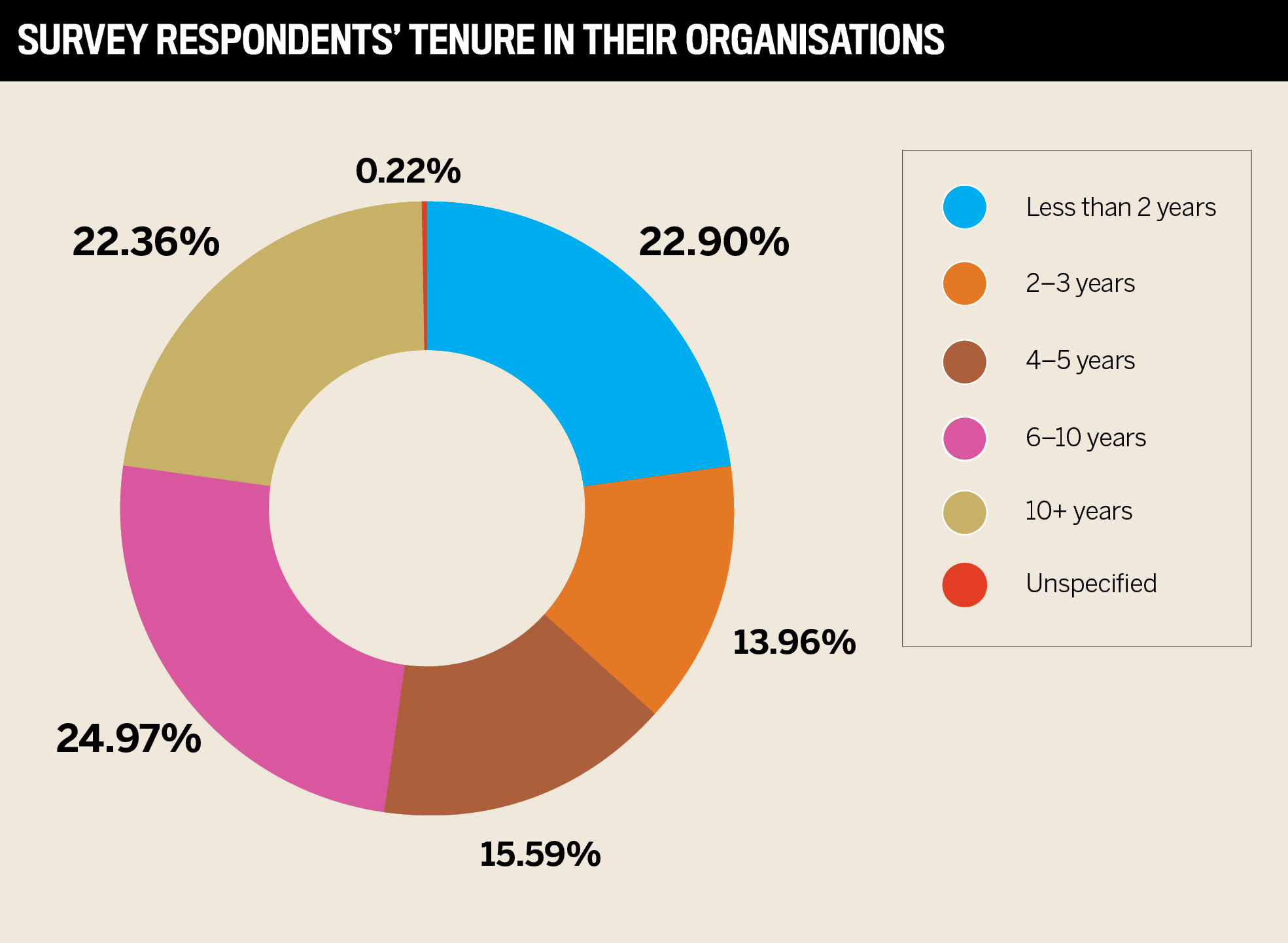
“It’s an important milestone for us, which has been many years in the making,” explains Thomas. “Operationalising this is quite complex as each country has different regulatory, employment law and tax requirements, which govern employee share schemes.”
In addition, the company operates an organisation-wide platform, SEEKernet. This enables the team to:
streamline communication
ensure one source of truth
allow access to information they need to do their jobs effectively
Tech has also been introduced to boost rewards and recognition via The Hero App, a mobile application specifically for the company’s 700+ sales and operations team members across Asia. Being the firm’s largest team, they required a dedicated program that allows members to:
gift each other with points to show appreciation
redeem points for vouchers

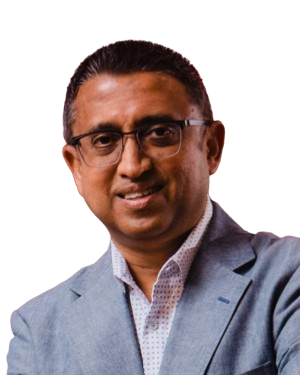
Inclusion and diversity are important for SEEK, as Thomas underscores.
“It is not our company practice to record our employees’ race, ethnicity, and disability status, as doing so could pose a risk of unintended consequences, such as inadvertently reinforcing stereotypes or treating employees differently based on this information.”
Therefore, to ensure a diverse workplace, the talent acquisition team employs policies such as:
third-party gender-neutralising technology to help reduce gender bias in job advertising
gender balance on candidate long and short lists
where possible, ensuring female representation on interview panels
targeted education such as “Overcoming Bias in Hiring” workshops for the hiring team
a requirement for recruitment agencies when used to provide a gender-balanced short list of candidates, where possible, before proceeding with interviews
Aware of the growing desire for employee expectations to be sustainable, SEEK’s long-term vision is to achieve net zero emissions across the full scope of carbon emissions by 2030. The company assesses the risks and opportunities of climate change on its business in line with the Task Force on Climate-Related Financial Disclosures framework.
Thomas adds, “We also actively encourage sustainable commuting options, such as using public transportation. Our office locations across Asia are accessible by multiple modes of eco-friendly transportation including LRT, monorail and buses.”
The real estate firm, founded in Cebu, has 350 employees across the Philippines and has adopted the slogan “Innovating gracefully”. Its core values are:
integrity
teamwork
innovation
responsibility
“Our programs are geared towards making sure that we meet different needs, enabling us to marry the different strengths and contributions of our multigenerational workforce,” explains Rob Guevarra, manager for talent management and organisational development.
The company ensures that all employee touchpoints are smooth and have integrated all their HR systems. This ensures that all team members have access to:
a career portal for seamless application and onboarding, including internal career opportunities promoting growth and mobility
training requisitions online
self-service request, HR helpdesk and engagement touchpoints available 24/7
digitised benefit applications and approvals
offboarding and last pay releasing optimised through an online platform

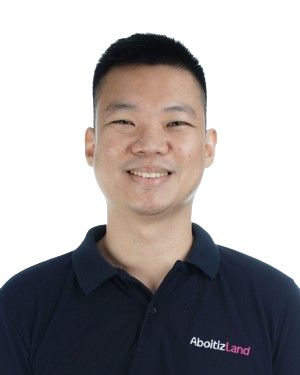
For Aboitiz Land, DE&I are key values.
“We try to use diversity as a foundation in terms of giving a positive work experience to our team members,” says Guevarra. “With a wide demographic of employees from different generations, we want to be able to cater to the different needs of our employees.”
The company has implemented its comprehensive DE&I strategy across five pillars:
Hiring – flexible educational and geographical requirements
Culture – hybrid work setup, transparent communication and employee listening channels including Amara, a virtual employee experience champion who collects feedback from team members regularly
Representation – multigenerational leadership in management team, healthy gender mix with 44:56 male-to-female employee ratio and an LGBTQIA+ friendly workplace
Benefits – flexible and expanded, such as healthcare coverage, while paternity benefits cover adoptive fathers; VAWC (violence against women and children) and LGBTQIA+ members and their children; and solo parent benefits can be availed without the need to present unnecessary documentation
Learning – all employees have the opportunity to be mentored
Guevarra emphasises that appealing to a broader, more diverse talent pool will create a better corporate culture, satisfy employees and attract the best job candidates to the company.
Aboitiz Land’s senior manager for human resources, Raymond San Diego, highlights how the working environment is supportive of employees because of their ability to communicate.
“There is an open-door policy. Anyone can reach out to our executives anytime to give feedback or suggestions. We listen to everyone.”
Focusing on the real estate sector’s luxury segment in the Philippines, the firm has taken its external outlook and switched it internally.
“We concentrate on the customer experience on the business side, so we’ve turned our focus to the employee experience on the HR side because if we have engaged employees, we’re hoping that will trickle down and produce the desired output for our customers as well,” says Alvin Odejar, human and corporate resources group head.
Part of this strategy begins with new hires. They undergo a first day orientation where they are informed about the company, its background, leaders and projects. They also undergo an in-depth functional orientation with their department leaders, who inform them of their duties and responsibilities along with the necessary rules, regulations and policies.
Richard Magtira, labour relations associate manager, explains, “Our goal is to make sure that all the things they need are provided and help them adjust to the company at a faster rate.”
Employees have the following touchpoints after joining:
Day 30 – checking on their welfare and how they are adjusting
Day 60 – dealing with any challenges or issues and ensuring they have been addressed
Day 90 – line manager conducts first performance review and highlights strengths and areas for improvement
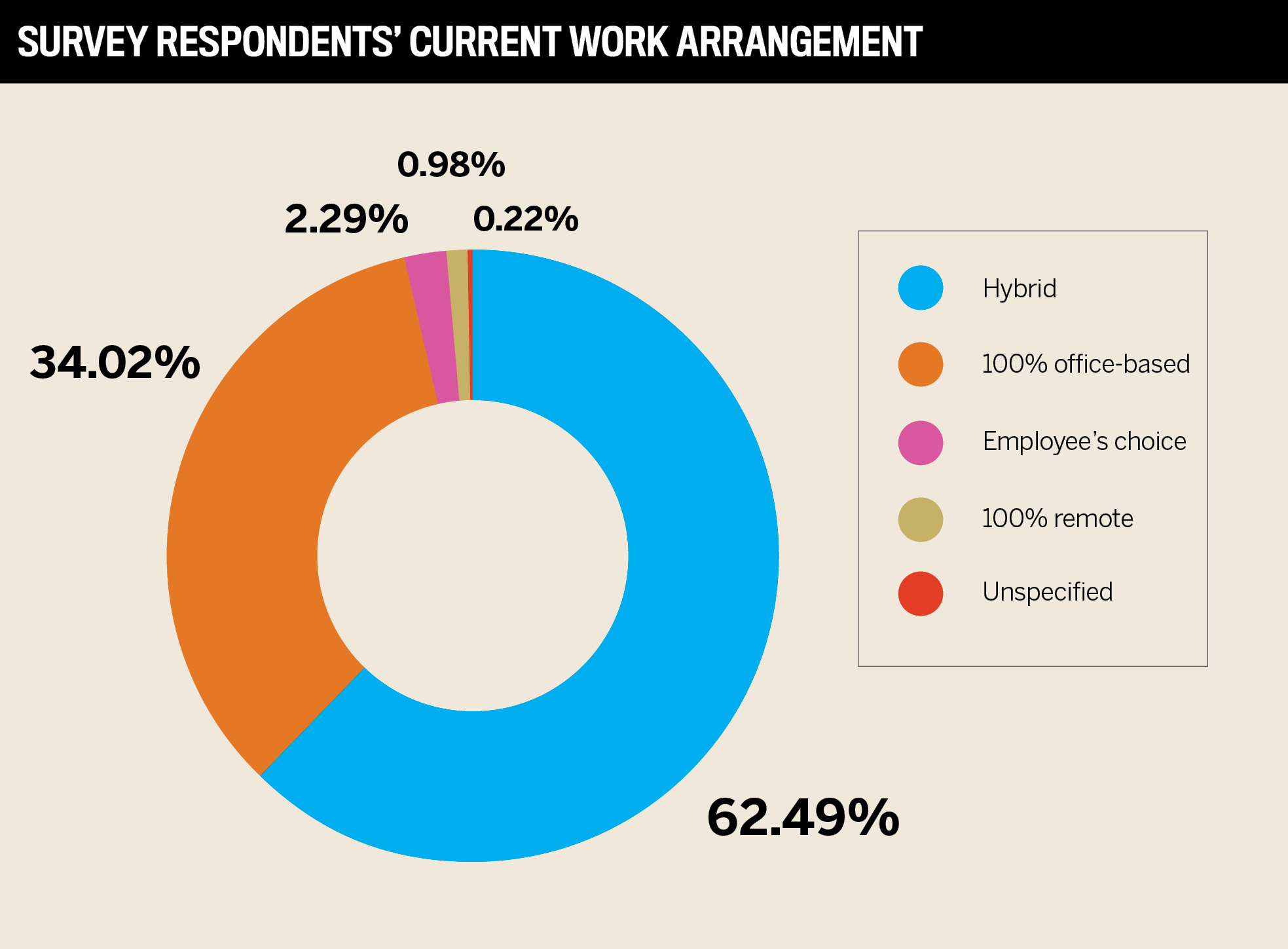
There is also a focus on ensuring there is a supportive and rewarding environment. Some of the policies include:
Meetings are discouraged to be scheduled after 3 pm on Wednesdays so employees can focus on other matters.
Free tickets to movie nights are given to employees.
“Prize Day Fridays” are celebrated with fun quizzes and challenges posted on the company group chat that employees can participate in.
Learning sessions and organisational communications are utilised to promote business integrity programs to all employees.
Company-sponsored sports clubs (running, volleyball, badminton and football) are organised.
“What we’ve done over the years is enhance the benefits based on what our employees say they need,” says Odejar. “For example, we’ve added coverage for dependents and coverage for common-law partners of LGBTQ community members.”


The entry process for HRD Asia’s 2024 5-Star Employers of Choice comprised two steps: an employer submission followed by an employee survey. First, organisations had to complete an in-depth submission to explain their various offerings and practices. Next, employees from nominated organisations were asked to fill out an anonymous form evaluating their workplace on a number of metrics, including benefits, compensation, culture, employee development, and commitment to diversity and inclusion.
To be considered, each organisation had to reach a minimum number of employee responses based on overall size. Organisations that achieved a 75% or greater average satisfaction rating from employees were named 5-Star Employers of Choice for 2024.